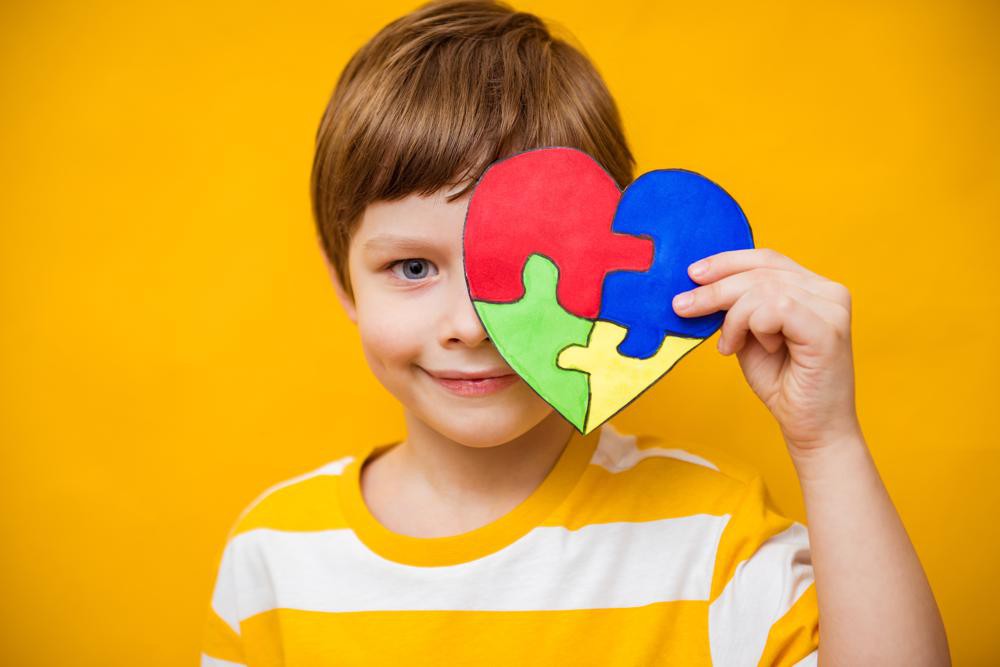One of the main differences between Autism Spectrum Disorder (ASD) and Social Pragmatic Communication Disorder (SCD) is that people with Autism have difficulties with social communication (language deficits, social challenges) AND also exhibit repetitive and/or disruptive behaviors.
Repetitive behaviors often look like:
- Obsessive routines and rituals
- Extreme sensory sensitivity (possibly to sounds or chaos)
- Preoccupation with objects or subjects
- Obsessive repeating of sounds, syllables, words or phrases
- Repeated body movements or self-stimulation, such as rocking, jumping, bouncing, twirling.
- Preoccupation with the specific order of objects
With ASD, sometimes a disruption to routine or a provocation of sensitivities (sensory issues) can often lead to reactivity. If repetitive or restrictive behaviors are not present in an individual with ASD, a thorough re-evaluation may show that indeed SCD is the real issue.
SCD Behavioral Signs
There are some Social (Pragmatic) Communication Disorder-specific signs. They differ slightly from ASD, but here are some important distinctions:
- Difficulty using words to make conversation
- Consistently losing track of conversation or changing topic
- Trouble making friends or maintaining friendships
- Frequent interruption
- Not responding in a way that is understandable
- Difficulty using words to express emotion
- Possibly unable to implement gestures
Social communication includes adapting how you speak and otherwise communicate to fit a social situation. Individuals with SCD have difficulty understanding and following social-communication “rules.” Typically, they also struggle with rules of conversation such as taking turns. They may have problems understanding the underlying meaning conveyed by tone. For example, being able to tell whether someone is being genuine or sarcastic.
ASD vs SCD: Assessing and understanding
Different children develop social communication skills at various stages. Sometimes SCD is not diagnosed until adolescence or adulthood when social interactions become more complicated, uncertain, and challenging. It should also be noted that the diagnosis of SCD is also a recent one from the past 10 years and more research and focus is needed.
Due to the differences in ASD and SCD, professional assessment is critical, usually with professionals whose expertise it is to identify ASD; they would have a more nuanced understanding of the clinical aspects of each of these diagnoses as well as the many differential diagnoses that present like SCD (or ASD).
To obtain an accurate diagnosis so you can get the proper treatment, therapy, and help for your child:
- Gain a referral to a speech pathologist who understands how to diagnose and treat social language deficits.
- Rule out ASD with an assessment performed by your child’s doctor and/or psychologist.
- Remind your child’s teacher and caregivers to complete any questionnaires the therapist provides.
A speech-language pathologist could help tremendously for someone with SCD by providing individuals and their families with practice and training. Speech-language pathologists are trained to work with individuals who have non-verbal communication challenges as well as social interaction difficulties. Regardless of if you or your child has ASD or SCD, receiving an accurate formal diagnosis is a crucial step in finding specialists who work with either specific condition.
